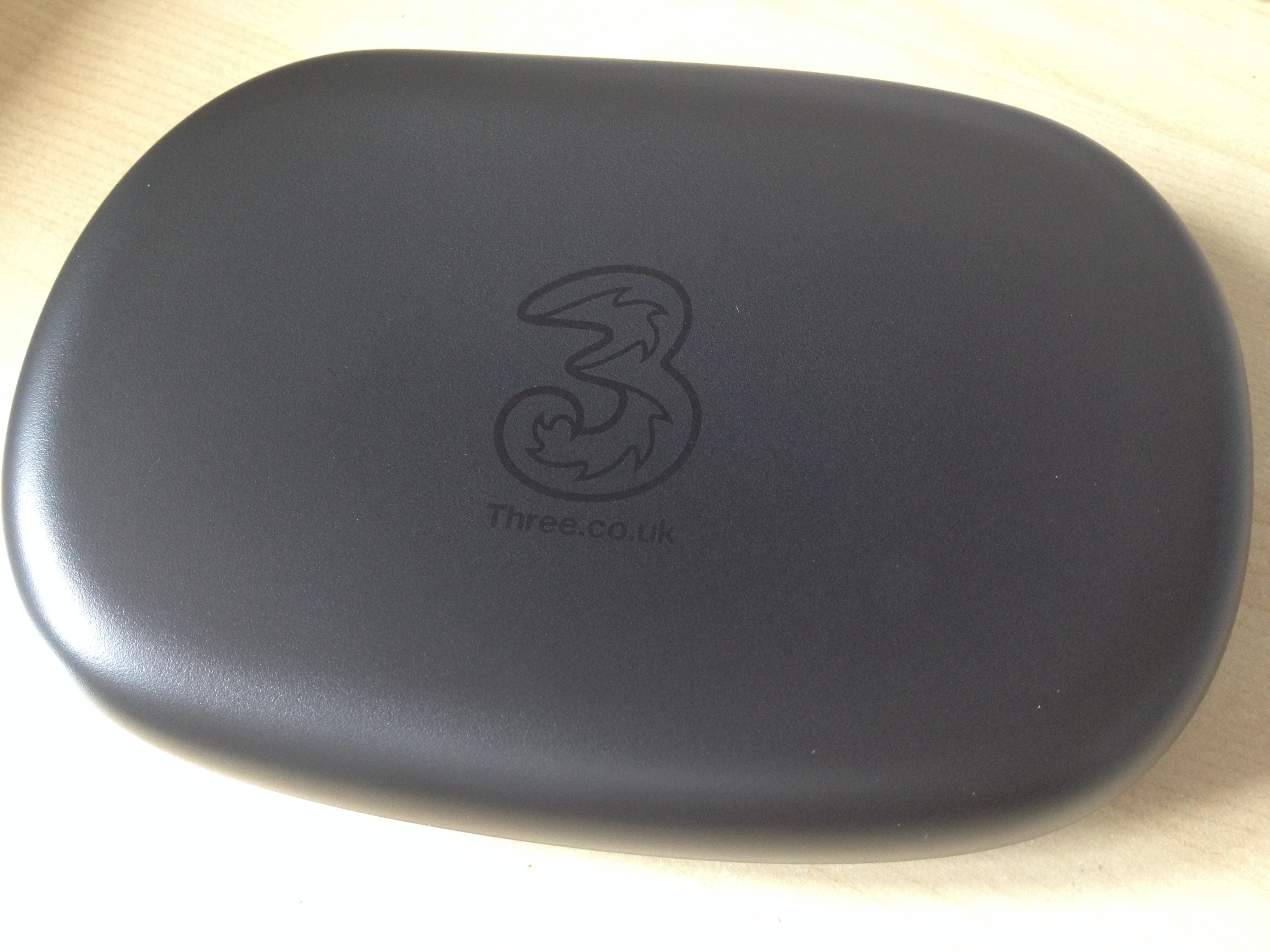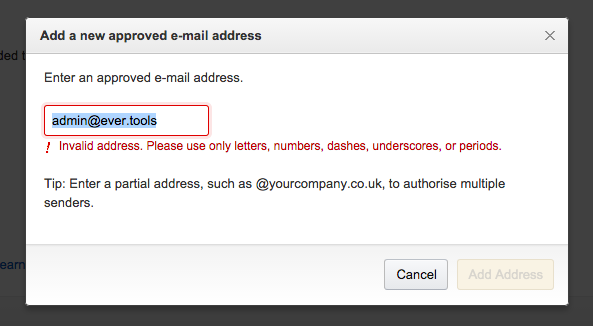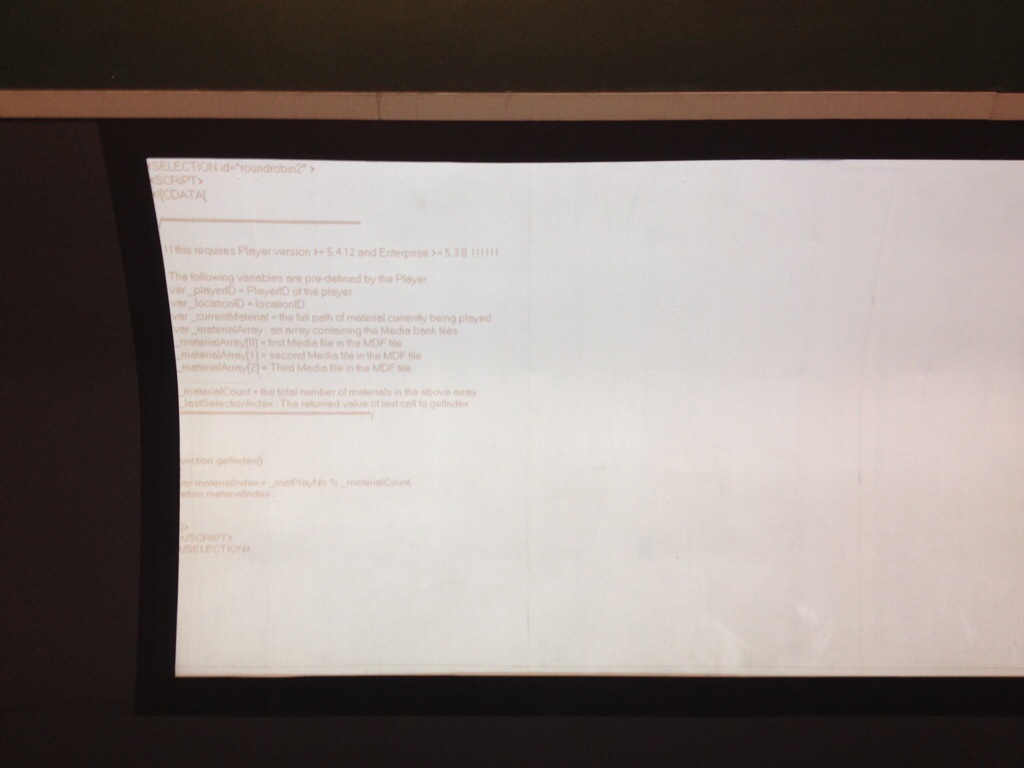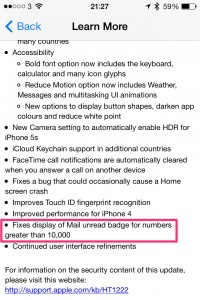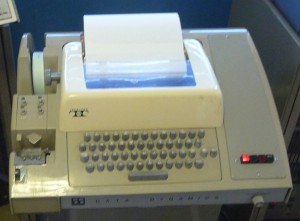When was the last time that your home phone got serious, regular, use?
That was the question I found myself asking when BT announced recently that they were upping their prices again. This got me to thinking about what we were actually paying for and I quickly came to the conclusion that we weren’t getting very good value for money.
The problem (for BT) is that there are so many other ways we can be reached these days whether it is email, text message, Skype, Facebook or even Snapchat. Very, very few choose to phone us and those that do … Read the rest
